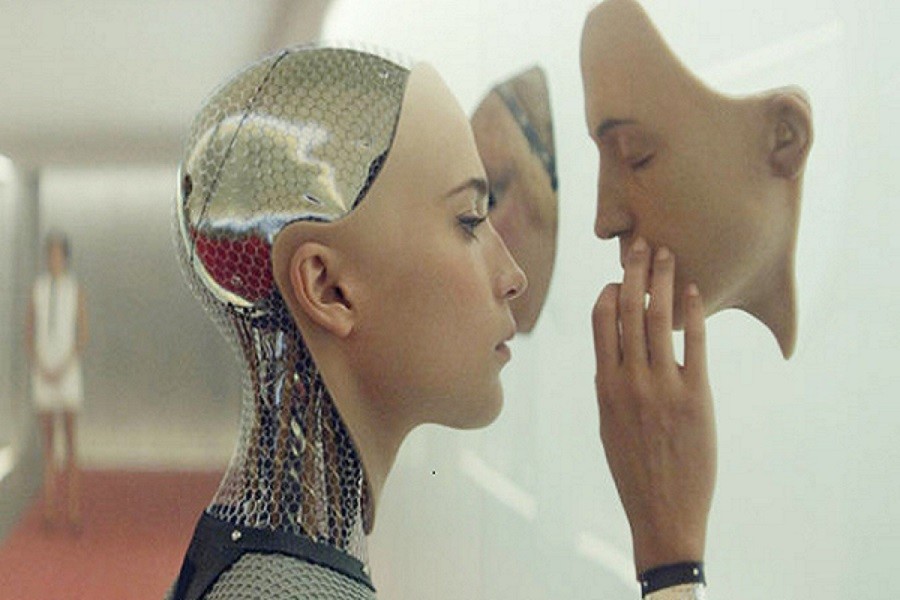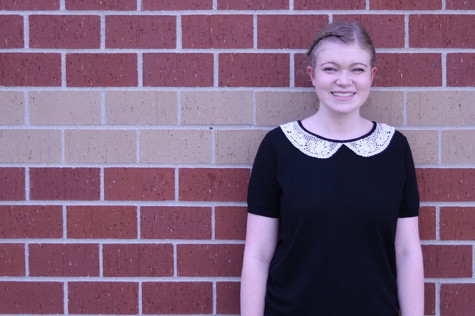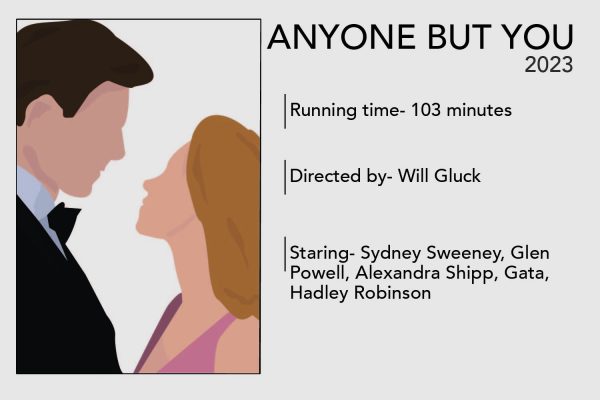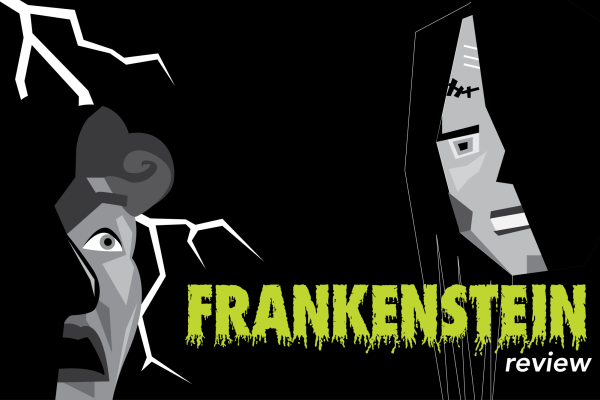“Ex Machina” is not a typical robot film
New film is an intelligent look at artificial intelligence
May 4, 2015
Since “Terminator” in 1984, the film industry has always been obsessed with the idea of artificial intelligence. In his directorial debut director Alex Garland presents “Ex Machina,” a straightforward artificial intelligence film that delves deep into the idea of true humanity.
After winning a contest at his job, Caleb (Dohmnall Gleeson) travels to a remote area to meet Nathan (Oscar Isaac), the super-genius creator of a Google-like search engine, Blue Book, and also Caleb’s boss. When Caleb arrives, Nathan reveals that he has created a robot named Ava (Alicia Vikander) who has a human face but a metal body. For the next week, Ava is put under a Turing test by Caleb, in which he will decide is she can accurately be human.
The concept is not only creative, but it also seems to mark a new age of film. Instead of the big-budget action films that usually surround robots, “Ex Machina” is a quiet, suspenseful thriller that is both intelligent and interesting. The plot moves along at a pace that leaves the viewer at the edge of his or her seat, with tension continuing to build until the surprise climax toward the end of the film. There are, however, a few plot points that are abandoned, something that can be felt by the abrupt ending.
The other technical parts of the film, however, are amazing. All actors give the project their all — in particular Isaac, who gives both a nuanced and cocky performance, and Vikander, who crosses the line between artificial intelligence and human so much that the audience is often not sure which one she actually is. The script is smart, with intriguing dialogue that makes the film even more interesting to watch. The special effects are very few (a surprise for an artificial intelligence film), but pack a punch and look chillingly real.
Unlike “Terminator” and its many successors, “Ex Machina” is not an “anti-robot” film. Instead, Garland creates Ava as if to say that robots are almost better than humans. He asks the audience to interpret whether the advancement of technology is good for humanity. In an age where movies feel the need to dumb down for the audience, it is nice to be treated with such intelligence.
























